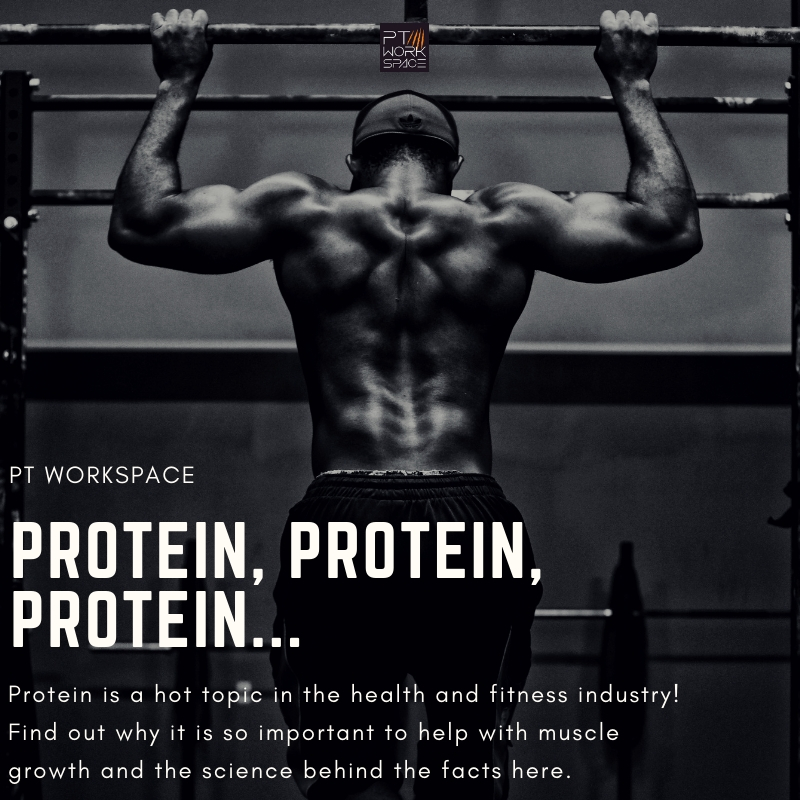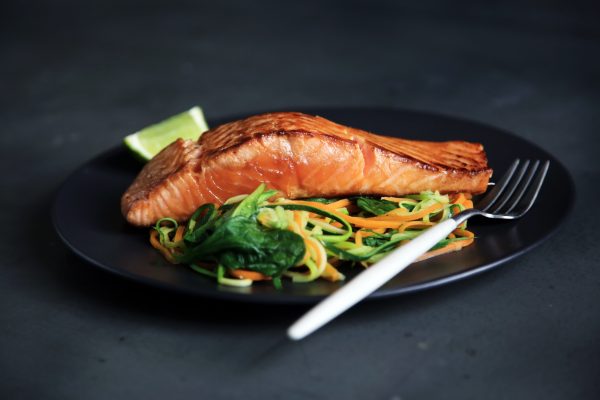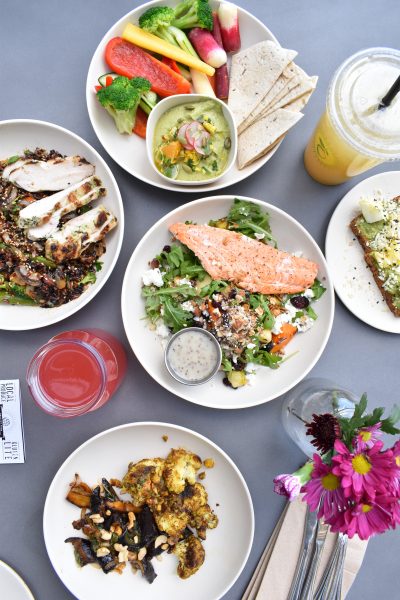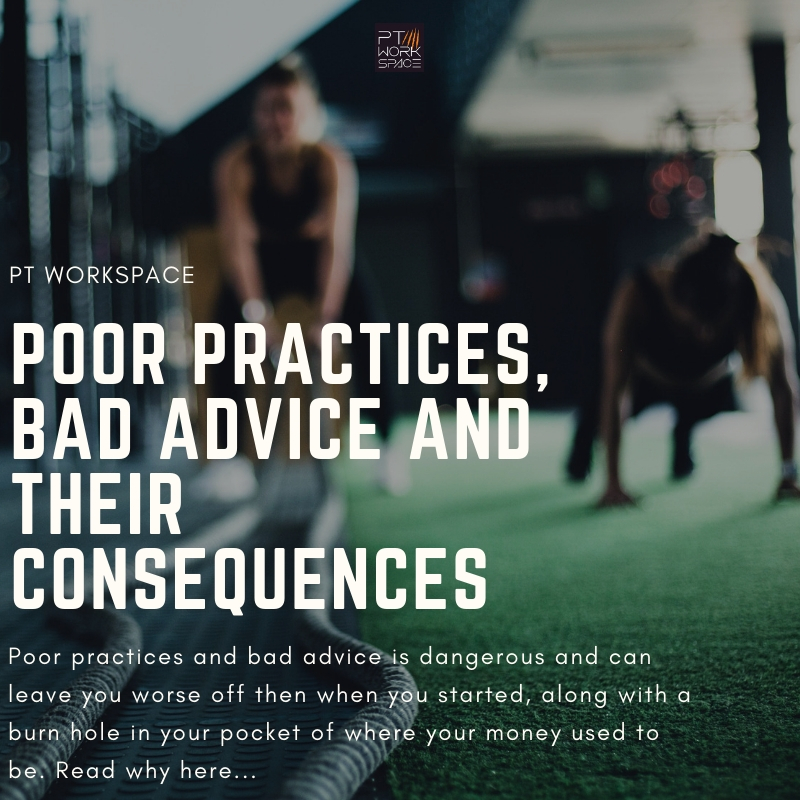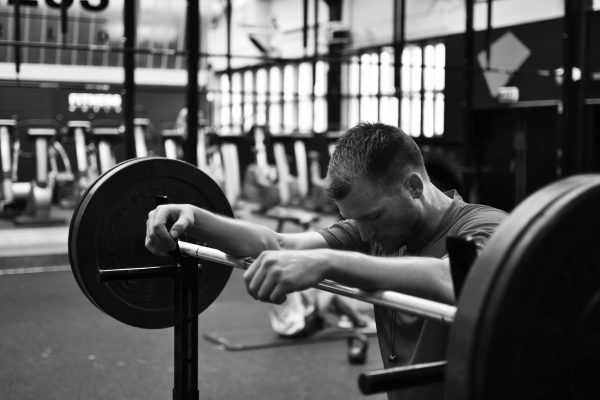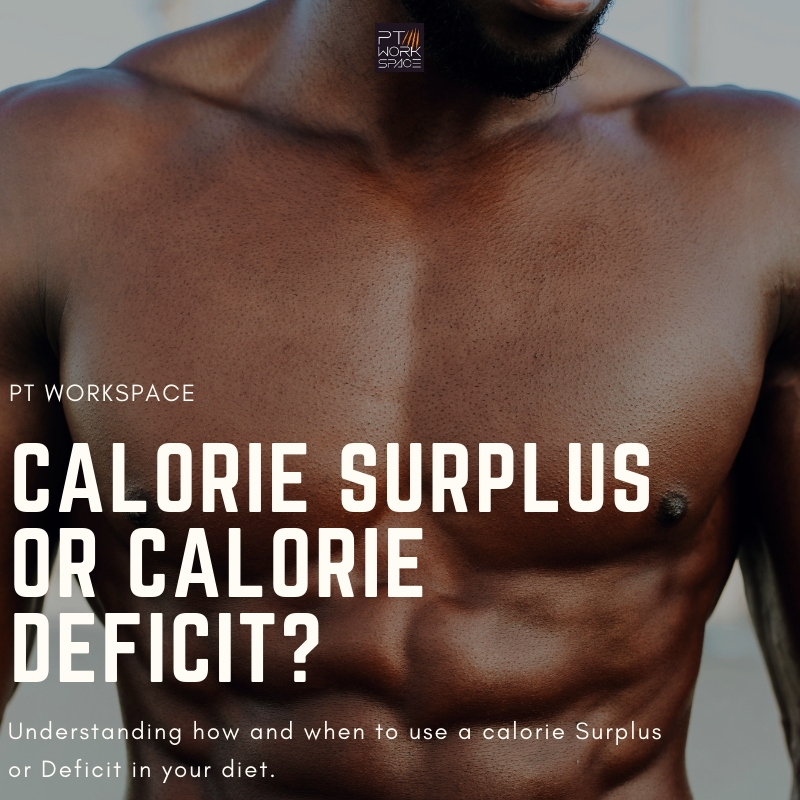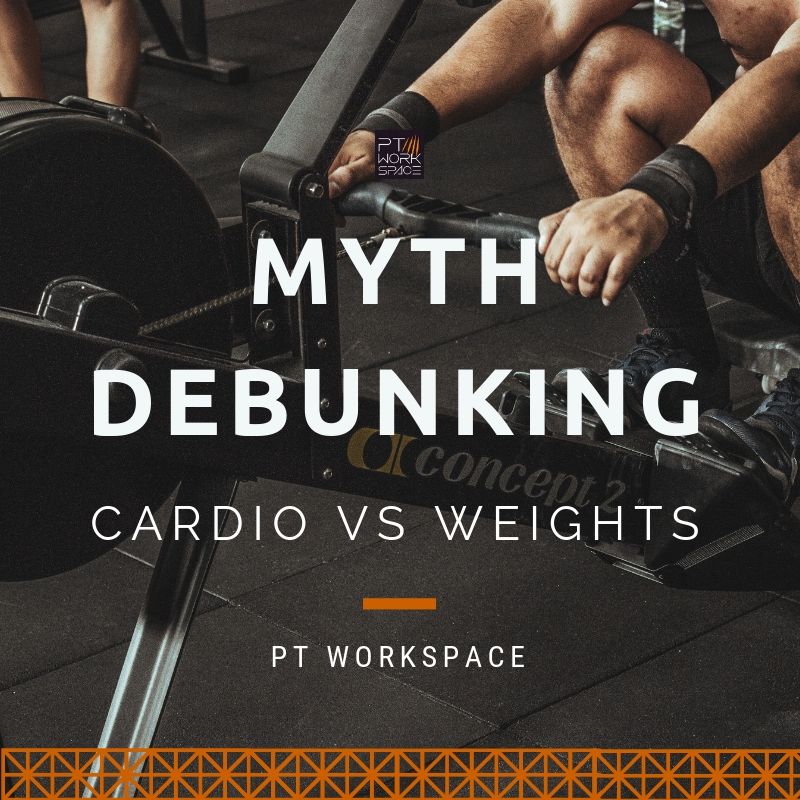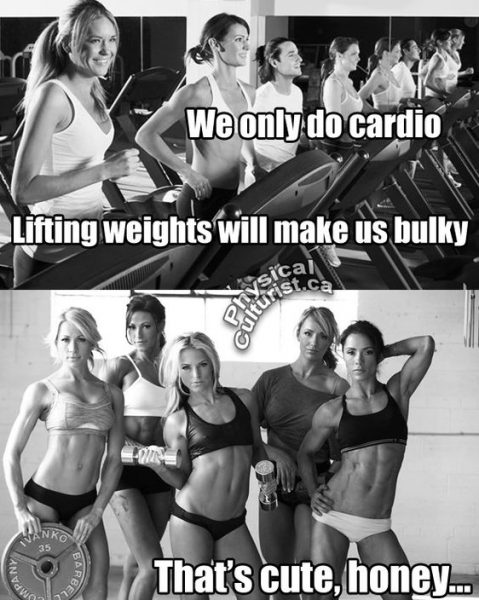Guest Post by Intake Nutrition Okay. I’m going to try and not to get too triggered, I promise. I’m not ‘triggered’ by those who believe these myths. How are you supposed to know?! And believe me, I’m not ashamed to say I’ve fallen victim to a good few of these in the past myself. I am, however, triggered by the fact that this information is still spouted and perpetuated by those who should know better, despite the swathe of research that has continuously disproven, or failed to support, these ideas. In the interest of keeping this to blog-post length rather than dissertation length, I’ve picked my top 5 most infuriating myths to debunk. Or we’ll be here all day. So, let us begin… |

- ‘Carbs make you fat’. As does eating fat or eating after 6pm, apparently.
Really? What we know is the law of thermodynamics. This gives us energy balance and says:
- If you are consuming more energy (eg. calories through food and drink) than you are expending, you will gain weight.
- Equally, if you are consuming less than you are expending, you will lose weight.
- And if you are consuming just as much as you are expending, you will maintain weight.
The only thing that will make you gain weight is consuming too many calories. I’m not talking about acute fluctuations in scale weight – there are a number of reasons for that. I’m talking about weight gain through increased energy storage in adipose (fat) tissue.
The ONLY reason for that is too many calories. It’s not because you’re eating carbs. Or fats. Or after 6pm. Or 3 large meals rather than 6 small meals.
If any of these factors lead to an increase in your caloric intake and put you into an energy surplus then sure, but you see my point.

2. ‘Being vegetarian/vegan is better for your health’
Well this is a weird one but essentially, no.
There is associational data that finds vegetarians to be ‘healthier’ but can we definitely say this is due to the fact that they are not eating meat? Correlation =/= causation people.
Vegetarians and vegans are often more health-seeking individuals who lead generally ‘healthier’ lives, something that is not often accounted for within the research on this topic.
We seem to have gone from a world where everyone was suggesting that you HAD to eat meat to be healthy (wrong), all the way to one in which a solely plant-based diet is now the only way to achieve physical health (also wrong).
The recent Netflix document, ‘The Gamechangers’, is a prime example of this but the fact of the matter is that yes, you can be healthy and perform well without eating meat, but the natural conclusion is not then that eating meat is unhealthy.
Can we get a bit of balance please people?
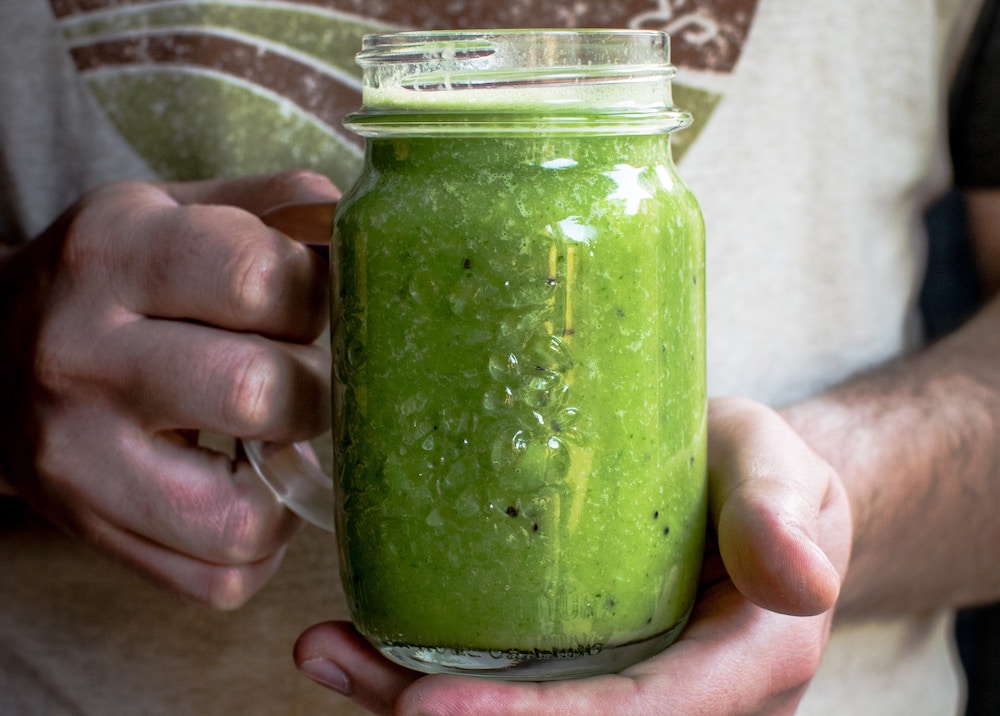
3. Celery juice and its magical healing properties
Okay please no.
Firstly, anything that claims to have magical healing properties is something to be approached with caution. If only it was that easy.
Most importantly, however, these magical claims are not evidence-based and are ultimately disempowering to people who are desperately looking for answers, particularly when managing chronic illnesses.
So just eat your veggies and save yourself the trauma of having to down a glass of celery juice every morning.

4. ‘Sugar is as addictive as cocaine’
Okay so, imagine this: You’re up in the club. You’re having a great time. Someone offers you a drink. NO BISH GIMME THAT SUGAR. Now you’re being dragged out of the club, with white powder all over you and gummy bears coming out of your ears, the shame sets in… but at least you got your fix, amirite?
But seriously though.
This idea originated in a study performed on rats. Putting aside the fact that you can’t draw direct conclusions for practical human application from animal studies, the ‘addictive’ nature of sugar has since been refuted.
“There is no support from the human literature for the hypothesis that sucrose may be physically addictive” – Benton (2010)
Added sugars can increase food palatability making these foods easier to over-consume and weight loss harder, but that is not the same thing.

5. ‘Yeah but, Starvation Mode’
Ooh this one will get ya. I must admit I got caught by this one.
The idea here is that, if you eat too little, your body will notice this and go into ‘starvation mode’, causing you to store everything you eat as fat.
The Minnesota semi-starvation study by Ancel Keys in 1945 showed us what really happens when the body is pushed into a state of starvation, and it wasn’t that. The law of thermodynamics will always apply and, if you are in a calorie deficit, you will lose weight.
What is often confused is a process called adaptive thermogenesis. This is a process that can occur after prolonged periods of dieting. Essentially your body starts to adapt to the lower energy intake and, alongside some hormonal changes that can increase hunger and decrease satiety levels, it starts to become more ‘efficient’. This is mostly seen through a reduction in NEAT (Non-Exercise Activity Thermogenesis – your conscious and subconscious daily activity) and EEE (Exercise Energy Expenditure). You might start sitting instead of standing, fidgeting less, feeling too tired to go to the gym and even using less facial expressions. All of which is your body trying to conserve energy.
Adaptive thermogenesis can make prolonged dieting harder because it reduces your energy expenditure, but it does not negate the idea of calories in vs. calories out.
Now, I really could continue all day but I’ll save you the trouble of seeing me type myself into a full-blown fury.
Again, my fury is at those who actively decide to ignore the research and disempower so many people with these claims. This sort of food fear plagued me for years and made my life so much harder than it needed to be but now, hopefully, that won’t happen to you.
So if any of you have fallen victim to any of these myths, do not worry yourself. I’ve been there. I get it. You’re most certainly not alone.
But now you know and you can go forth, ignore the bullsh*t and ENJOY your nutrition without any of these fears weighing you down.
Because you’re doing great.
Much Love,
Intake Nutrition x
Intake Nutrition is a London-based nutrition consultancy, founded by MNU Certified Nutritionist Florence Seabright, specialising in evidence-based nutrition advice for individuals and within its workplace wellness programmes.
Follow Intake Nutrition: https://www.instagram.com/intake_nutrition_/
Get in touch with Intake Nutrition for more support with your personal nutrition, or advice on workplace wellness: https://intakenutritionconsultancy.com/contact-a-nutritionist/
What is Protein?
Protein makes up all the cells in your body and is vital to repairing and making cells for survival. It is important for fueling growth through youth, adolescence and pregnancy. The main component of protein is Amino acids, essential Amino acids must consume through our diet and non-essential is readily produced in our bodies. Protein helps increase lean muscle mass and aids recovery when coupled with training, there should be massive importance placed on protein intake to transform your body. The bodybuilding industry has played a large role in bring the effects of protein to the forefront and much research has supported the intake of protein with links to lean muscle growth.
How Much Protein?
Before we continue any further we want to make a valid point that if you are training to lose fat and improve your shape, then this area of muscle growth will play a massive part in transforming your body so read carefully. It is recognised that for every pound of body weight it is advisable to consume a gram of protein. Making sure your body is fueled with protein will often enhance the anabolic effects of growth within the body when training. The suggested amount of protein for muscle growth can be higher in competitive athletes which may consume far more to maximise growth potential. Protein intake in the morning after a long time spent without intake and post workout due to the body’s need to repair (within 30 mins) has shown to best support muscle growth.
This coupled with consistent intake throughout the day and with small meals will make for a sure recipe for success. We advocate preparing meals and finding a protein source through food alone, but protein shakes can be advisable for those needing higher levels of protein intake for example, large males or advanced bodybuilders and athletes as most people should find sufficient grams of protein throughout diet.
Some research will support whey protein supplements for post workout due to the fast digestion of the protein to start the process of recovery therefore faster fueling of your body for growth. A rule of thumb is to make sure protein intake is sufficient before looking to supplements .
Cutting and Bulking
When losing weight (deficit) protein intake must be consistent for maintaining the lean muscle tissue which gives men and women their nice figure, and will promote utilising fat over muscle. It is documented that managing a calorie deficit or surplus will dictate the outcome of a transformation, and supported with high protein diet will have benefits for muscle growth. Many men who have read articles supporting bodybuilding will use the terms” Cutting and Bulking” which also refers to a deficit and surplus.
We would advise all men and women looking to increase their percentage of muscle to go through a deficit when transforming their body unless they have low body fat already (near 10%) as they may find adequate results in muscle growth especially if they have not trained with resistance before implementing a surplus to maximise growth potential.
Foods to eat which are high in protein:
- Meats
- Fish
- Eggs
- Soy
- Beans
- Grains and Nuts
Please take notice of lean sources of protein such as chicken and Turkey over rival red meat sources, if trying to keep calorie intake low. Some research supports removing egg yolks to reduce cholesterol and calories if using them as a source of protein more than 4 times a week.
If when planning your diet make calculations of your BMR and activities levels partnered them with balanced meals to reach your calorie targets for either working within a Deficit or Surplus. Always trying to keep you protein intake high and carefully choosing when to eat your carbohydrates and fats to benefit energy levels.
Thanks for Reading
PT Workspace Team
P.S If you are interested in finding out about personal training or studio hire at PT Workspace you can contact [email protected]. In addition why not take a look at some of the personal trainers who already work with us here.
Poor Practices, Bad Advice and their Consequences
Choosing the right support at the beginning of your fitness journey is important for many reasons, some obvious and others not so much so. The obvious being that you want your hard earned money to show results, if you are investing your time and energy into following a program provided by a professional, you want to see positive changes inside and out. You are perfectly within your right to feel that way! However poor practices and bad advice is dangerous and can leave you worse off then when you started, along with a burn hole in your pocket of where your money used to be.
The UK fitness market is estimated to be worth £5bn, as the number of gym locations surpasses the 7,000 mark, this excludes many of the areas of coaching and new unregulated jobs have been born. Some quick fix courses lead by providers using clever marketing tactics ‘earn 60k a year in 12 weeks’ (for example) offer accreditation in areas such as exercise, fitness, nutrition and means becoming qualified can be very fast with little to no experience. Not only does it undermine the individual looking to make a good honest living as a fitness professional but the industry as a whole. Education within this sector is important as a building block in which experience is formed, so advice and direction when given in the future is safe. If you are unsure about the experience and qualifications of your personal trainer then we recommend you…
- Request testimonials
- Ask for qualifications and check accrediting bodies
- If unsure of qualification type Google (boring I know) and do a bit of research on the course
- Keep away from multiple sales offerings (bad sign for confidence in delivering one service)
- Below is a few respected governing bodies you should look out for when asking for qualifications in fitness.
If you are wondering in what way poor practices and bad advice can lead to detrimental consequences, then you will not have to wonder for long. For example lifting weights can put incredible strain on the human body, and if your body form is wrong this can lead to back problems, severe injury, slipped discs and any other number of incredibly painful experiences which could lead to time off work, along with massive setbacks in your health. It is important that any fitness or health advisor can offer safe advice which takes into account your wellbeing at all times. Try not to worry, this is not to say that anything bad will happen to you, but you can take preventative measures by doing a little homework before you sign up with a professional without knowing their background and experience.
If you are looking for a personal trainer and still feel a little unsure, have a quick read of our blog “What you should consider when choosing the right personal trainer for you”.
P.S If you are interested in finding out about personal training or studio hire at PT Workspace you can contact [email protected]. In addition why not take a look at some of the personal trainers who already work with us here.
Understanding How and When to use Calorie Surplus & Calorie Deficit?
We have heard the words boundered around, however understanding how and when to use a calorie Surplus or Deficit in your diet can make the difference between maximizing fat loss and better gaining lean muscle mass.
Calorie Surplus (Extra food in the diet)
An example of using a surplus is often seen in a diet for competitive strength athletes and bodybuilders as their fundamental purpose is to promote muscle growth and strength. A surplus can be used effectively when coupled with a training program designed to reshape the body for a more leaner defined look. Diets having a surplus have shown to be superior over diets only reaching maintenance levels (balanced calorie intake) for lean muscle growth.
An advised surplus added should be from 5-10% more than your Basal metabolic rate (daily energy needs) and should allow for the surplus of calories to be directed to growth and not stored as fat. When using a surplus, fat stores may increase, so make sure to lose fat before this is implemented If you worry about extra unwanted weight.
A surplus is specifically ideal for individuals who have trouble “putting on weight” as this would have almost certainly been due to incorrect manipulation of calorie intake and expenditure. Make sure to eat clean and make up the extra calories through high protein sources. This is not an excuse to overindulge (takeaway, high sugar foods) to reach you calorie target or this will backfire with increased fat stored.
Notes
- Ideal for those struggling to “put on weight”
- Better Promotes Muscle growth
- Quick to workout BMR+ 5-10% calories
- Make up of high protein
Calorie Deficit (Less food in your diet)
A calorie Deficit is the most common used discipline in the fitness industry. A calorie deficit is when your body has fewer calories being consumed in your diet than is being expended from maintaining your body and the day to day activities.
Unknown to many… A small percentage of your activity will affect the overall needs of your body, as the primary calorie expenditure is to maintain the body’s state. This does not promoted inactivity but suggests that daily calorie needs will not range greatly among similar size individuals. Finding your BMR and calculating activity levels can give you a direct number to start decreasing your calories from.
Decreasing between 10-20% of your daily needs should be effective, which will usually account to around 200-500 calories .When decreasing your calories we would advise making sure you understand all the nutrients you consume in your diet first, and moving towards healthy food sources over general removal of calories, which can have severe effects on nutrition.
A reduction of a 1lb a week, is the equivalent of removing 500 calories a day. on average 2,500 cals a day for men and 2000 cals and day for women, for most individuals is advised by practitioners due to health and safety. This technique needs to have a balance between calorie loss through exercise and decreasing calorie intake through your diet. One should not be done without the other. It is important to make sure you do not place your body in starvation mode for prolonged periods of time. Always consult Medical Practitioner when making changes to your diet for either a surplus or a Deficit.
Notes
- Ideal for utilizing adipose (Tissue Fat)
- Do not use deficits for Prolonged periods of time
- Small percentage is lost from exercise vs BMR (daily diet needs)
- Difficult to increase Muscle mass vs Surplus
- Must learn nutritional content of diet before reducing “willy nilly”
Below are some videos to help develop a better understanding of your diet.
Video: Mike Thurston- Calculating your Macros
Best,
Nathan Head Trainer & Founder
If you are a fitness professional looking to work in an elite and educational-driven community be sure to check out our Studio gym rental and Gym Hire in London, Milton Keynes, Harrow, and Essex. Also if you are on the fence about joining our industry check out our recent blog Is It Worth It Becoming A Personal Trainer to see if the right fit.
P.S If you are interested in finding out about Fitness, why not take a look at the personal trainers who already work with us here.
🏠 PT Workspace Islington Personal Training Studio: 87-89 Shepperton Rd, London N1 3DF
Personal Training in Islington – PT WorkSpace
🏠 PT Workspace Milton Keynes Personal Training Studio: Unit 5, Campbell Wharf, Overgate, Milton Keynes MK9 4BG.
Personal Training Milton Keynes – PT WorkSpace
🏠 PT Workspace Harrow Personal Training Studio: Roxeth House, Shaftesbury Ave, South Harrow, Harrow HA2 0PZ
The internet has allowed us to access information like never before, this is no secret! The issue is being able to tell what is a load of nonsense, and what information carries legitimate weight to it. The ongoing debate around cardio vs weight training is one which has been building momentum ever since having a big booty become the latest fashion in fitness.
Now don’t be mistaken in thinking that we are not aware of the positive results weight training has all round, specially when building glutes/muscles within your routine… NO SIR the myth that need debunking is that cardio is detrimental to you having a healthy physique, that if you run you are doomed to have a flat bottom, no muscle and below average physique for the foreseeable future. Weights are good and Cardio is bad… This needs to stop! here’s why..
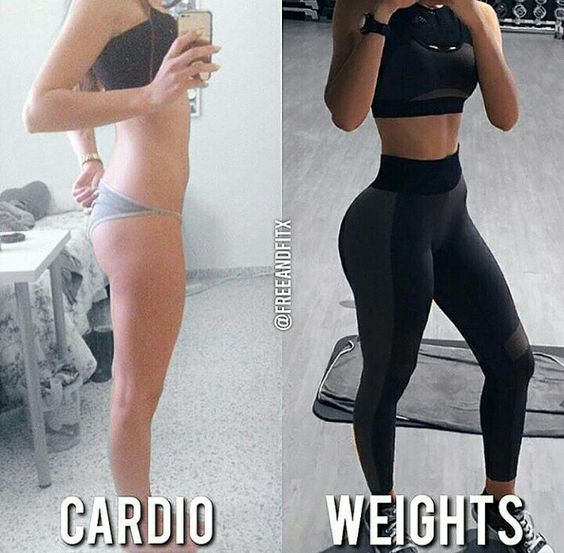
Cardio for one does not only come in the form of running, its rowing, cycling, hiking, swimming, HIIT and the list continues, and so when you say cardio, this is being incredibly general! Even if running is what’s implied by cardio, different forms of running such as trail running and hill sprints can be very good at working your muscles and glutes.
Second being that we all have a different genetic makeup, whilst we can to a certain degree shape/enhance our bodies by targeting specific areas through weight training and CARDIO, we may not always have the success that others have in the areas we seek for many reasons. Not everyone is born to be a natural runner, just like only few have the size and build to be as big as Arnold Schwarzenegger. Our bodies have limitations some of which you can move beyond, the rest is reserved for the elite 1% whose bodies are far superior and most likely that of an Athlete.

Thirdly we all have our own journey in fitness and so we each arrive at our destinations at different times and in different ways. So being closed minded to certain types of exercise is like not eating vegetables, they might not be your favourite thing on the plate, but deep down you know you should eat them.
Whilst ascetics can be one of the main driving forces behind exercise, the most important thing to remember is your health above all else. A diversity of both weight training and cardio should be applied to a balanced diet, not one or the other and so we really need to move beyond picking a side.
P.S If you are interested in finding out about personal training at PT Workspace you can contact [email protected]. In addition why not take a look at some of the personal trainers who already work with us here.
